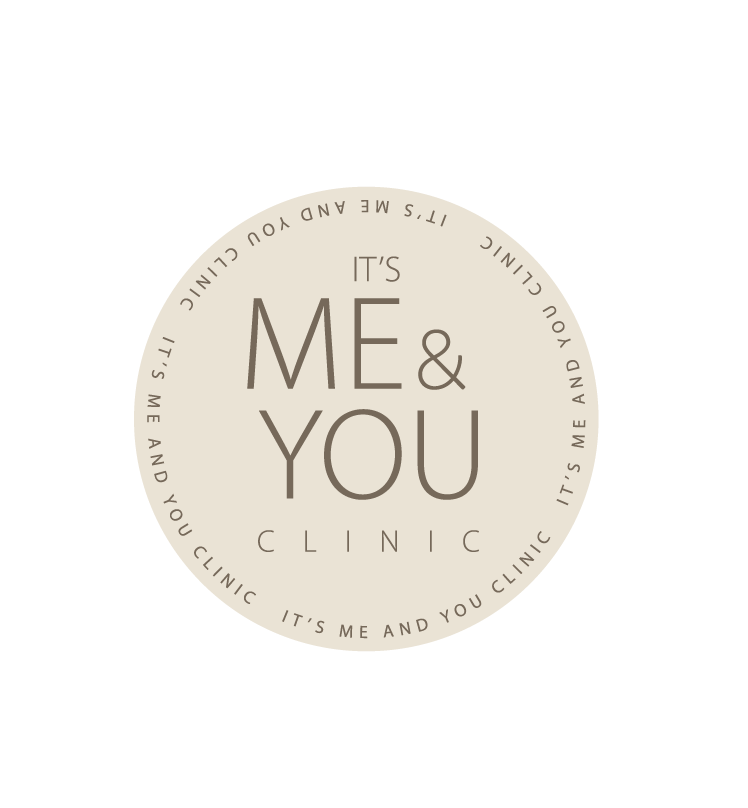Lip fillers are a popular choice for enhancing lip volume and achieving a plumper pout. If you’ve recently had lip filler injections or are planning to, you might have questions about post-filler eating habits. How long after lip fillers can you eat normally? Is there a specific diet to follow? In this comprehensive guide, we will provide you with the information you need to navigate post-filler eating, ensure a smooth recovery, and enjoy your enhanced lips with confidence.
Understanding Lip Fillers and Their Initial Effects
Before discussing when you can resume eating normally after lip fillers, it’s essential to understand the initial effects and recovery process:
Swelling
After lip filler injections, it’s common to experience swelling. This can vary in intensity from person to person but is typically most pronounced in the first 24 to 48 hours.
Bruising
Bruising may also occur, especially if blood vessels near the injection site were affected. Bruises can take several days to fade.
Sensation
Your lips may feel different after the procedure. They might be tender, slightly numb, or have a sensation of fullness.
Final Results
While some results will be visible immediately, it can take up to two weeks for the filler to settle and for you to see the final outcome.
When Can You Eat After Lip Fillers?
The timing for resuming normal eating habits after lip fillers depends on several factors, including individual healing and your provider’s recommendations. However, here’s a general guideline:
Immediate Post-Treatment
Day 1
On the day of your lip filler procedure, it’s advisable to stick to a soft, gentle diet. Opt for foods that don’t require excessive chewing, such as yogurt, smoothies, or mashed potatoes. Avoid hot, spicy, or very salty foods, as they can irritate the lips.
48 Hours Post-Treatment
Day 2-3
Swelling and tenderness are still expected during this period, but they should begin to subside. You can gradually reintroduce a more varied diet, including softer solid foods. Continue to avoid extremely hot, spicy, or acidic foods.
After the First Week
Day 7 onwards
By the end of the first week, most of the swelling and bruising should have significantly improved. At this point, you can typically resume your regular diet and enjoy a wide range of foods without significant discomfort.
Post-Filler Eating Tips
To ensure a smooth recovery and minimize any potential discomfort or complications, consider the following post-filler eating tips:
Stay Hydrated
Proper hydration supports overall skin health and can help reduce swelling. Drink plenty of water during your recovery.
Avoid Extreme Temperatures
Steer clear of extremely hot or cold foods and beverages during the first few days after the procedure, as temperature extremes can be uncomfortable for swollen lips.
Be Gentle
When eating, be gentle with your lips and avoid excessive stretching or pressure. Cut your food into smaller, manageable bites if needed.
Avoid Straws
Using straws can create suction and increase the risk of swelling and bruising. Drink from a glass or cup instead.
Chew Slowly
If you’re eating solid foods, chew slowly and mindfully to minimize movement and pressure on your lips.
Consult with Your Provider
If you have any concerns about your post-filler diet or experience unexpected symptoms, reach out to your provider for guidance.
Tips for Pain and Discomfort
While some discomfort and sensitivity are normal after lip filler injections, there are several strategies you can use to alleviate pain and minimize any associated discomfort:
Over-the-Counter Pain Relievers
Consider taking over-the-counter pain relievers like ibuprofen (Advil) or acetaminophen (Tylenol) as directed by your healthcare provider or based on the package instructions. These medications can help reduce pain and inflammation.
Topical Numbing Gels
Ask your provider about the use of topical numbing gels or creams designed for post-procedure pain relief. These products can provide temporary relief and may be applied as recommended.
Cold Compresses
Applying a cold compress to your lips can help reduce swelling and numb the area, which can alleviate discomfort. Wrap ice or a cold pack in a cloth and apply it gently for short intervals.
Hydration
Staying well-hydrated is essential for your overall comfort and recovery. Proper hydration can help reduce swelling and promote healing. Drink plenty of water throughout the day.
Soft Diet
Continue to follow a soft diet during the initial days after the procedure to minimize discomfort while eating. Soft foods require less chewing and are less likely to irritate the lips.
Elevate Your Head
Elevating your head slightly while sleeping can help reduce swelling. Use an extra pillow to keep your head elevated comfortably.
Avoid Touching or Pressing Your Lips
Avoid touching, pressing, or massaging your lips unnecessarily. This can help prevent additional swelling or discomfort.
Follow Post-Filler Care Instructions
Adhere to any specific post-filler care instructions provided by your healthcare provider. These may include guidelines for massage or other aftercare practices to promote healing and reduce discomfort.
Monitor for Allergic Reactions
Be vigilant for any signs of allergic reactions to pain relief products or any other substances you may come into contact with. Allergic reactions can worsen discomfort and require medical attention.
Rest and Relaxation
Give yourself time to rest and recover. Avoid strenuous activities, especially during the first few days, as physical exertion can exacerbate swelling and discomfort.
Stay Informed
Keep in close communication with your healthcare provider if you experience any unusual or severe discomfort. They can provide guidance, reassurance, or additional interventions as needed.
Long-Term Dietary Considerations
While the immediate recovery period after lip filler injections requires some dietary adjustments, long-term dietary considerations can help maintain your lip filler results and support overall well-being. Here are some important dietary factors to keep in mind:
Hydration
Maintaining proper hydration is essential for healthy skin, lips, and overall well-being. Drinking an adequate amount of water daily helps keep your lips and skin moisturized, which can enhance the longevity of your lip filler results. Aim to drink at least 8 glasses of water a day or more if needed based on your activity level and climate.
Balanced Diet
A well-balanced diet rich in vitamins and nutrients can contribute to the overall health of your skin and lips. Include a variety of fruits, vegetables, lean proteins, whole grains, and healthy fats in your daily meals. These nutrients support collagen production and skin health, which can complement the effects of your lip fillers.
Collagen-Boosting Foods
Collagen is a protein that plays a crucial role in maintaining skin elasticity and hydration. Foods that are high in collagen-boosting nutrients include bone broth, citrus fruits, berries, and leafy greens. Incorporating these foods into your diet may help support your lip filler results.
Sun Protection
Excessive sun exposure can lead to premature aging and may affect the appearance of your lips. To protect your lips and skin, apply lip balm with SPF and use sunscreen on your face when exposed to the sun. This preventive measure can help maintain your lip filler results and overall skin health.
Minimize Smoking and Alcohol
Smoking and excessive alcohol consumption can have negative effects on skin health and accelerate the breakdown of collagen. If you smoke, consider quitting or reducing your smoking habits. Additionally, drink alcohol in moderation to support skin hydration and overall health.
Antioxidants and Vitamins
Antioxidants like vitamins C and E can protect your skin from free radicals and promote collagen production. Foods rich in these antioxidants include citrus fruits, almonds, spinach, and avocados. Consider incorporating these foods into your diet for long-term skin health.
Conclusion
The timeline for resuming normal eating after lip fillers primarily depends on individual healing and the severity of post-procedure symptoms. While some adjustments to your diet may be necessary during the initial recovery period, most individuals can enjoy their regular diet within a week of lip filler injections. Always follow your provider’s recommendations and practice gentle eating habits to ensure a comfortable and successful recovery while showcasing your beautifully enhanced lips.
- Lip Fillers, Anti-Wrinkle Injections in Albury Heath GU5 - February 19, 2024
- Can You Have Hyaluronic Acid Fillers When Pregnant - October 4, 2023
- How Much Are Lip Fillers London - September 27, 2023

